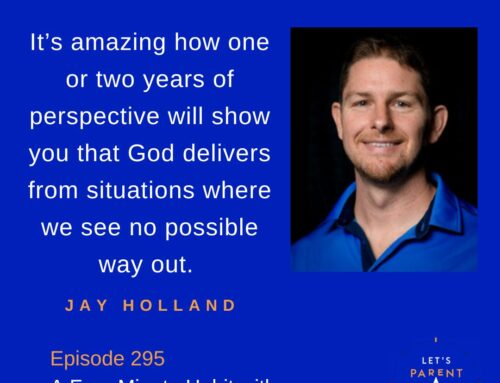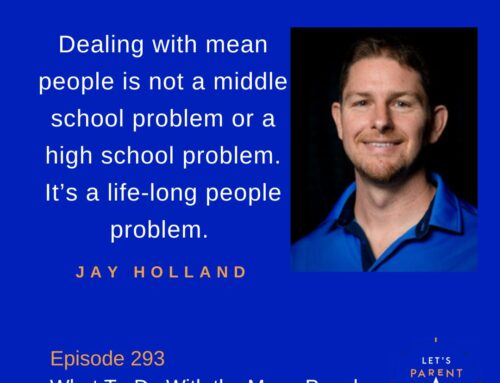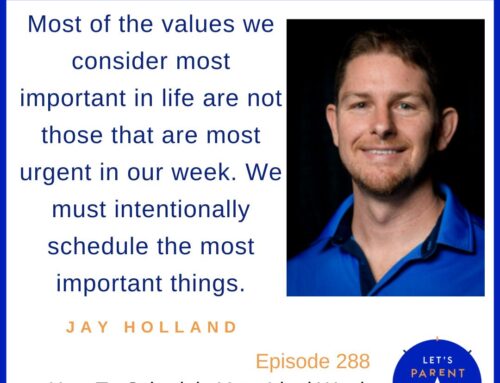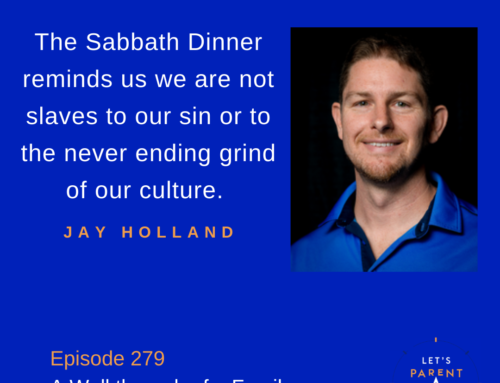Powered by RedCircle
I’m not a runner, but sometimes I pretend to be one. As time goes on, the more I feel like I’m pretending. Perhaps you’ve been a runner at one point in your life, or maybe you’re one now. If so, you might relate to the following phenomenon:
When I run, if there’s a breeze, I am always conscious of it as I’m running into it. The headwind feels like it’s slowing me down, making me work twice as hard to go at the same pace, sapping my energy. If I can help it, I try to run first into the headwind, so that when I turn to go back home I can enjoy the boost from the tailwind.
Every time I turn, however, a strange thing always happens. I feel that tailwind for about 15-30 seconds, and then it disappears. It’s as if moments after I start running with the wind at my back, the wind dies. What a bummer! I fight all of that time through the wind, only to lose out when the wind should be my friend. But then, the most remarkable thing of all happens—I look to the trees beside me and I see that the wind is still moving them! How is this possible?
The reality is that it isn’t possible. Well, I guess it’s possible, but not probable. Most of the time, the wind is still at my back, I’ve just ceased noticing its affect shortly after gaining it as an advantage.
What a metaphor for life.
I have been thinking about this ever since listening to a Freakonomics podcast on this very subject. It seems to be a normal human condition to really notice our disadvantages while glossing over our advantages. Think about your body. How many body parts are working really well right now? The answer is probably “most of them”. But which ones do you notice? The broken ones. How much food do you have in your home? Likely, more than you’ll ever eat. But if you run out of milk in the morning or miss out on your coffee, it’s a mini crisis.
If you think about it, we are among the most advantaged, most resourced human beings who have ever existed. Most of the kings who have ever ruled would give up their kingdom to experience what we do on a daily basis. We have multiple varieties of protein from tasty, disease free animals, multiple times a day. We can adjust the entire climate of our home to within one degree. We can poop in a hole and it magically disappears. I got strep throat recently, and within 5 hours I was on antibiotics and back to work within a day. My truck has the power of at least 120 horses, and in a given week I can travel more miles than most humans ever did in their lifetimes. I’ve never buried a child. I’ve buried a wife, but she had plenty of access to the gospel, and knew Jesus passionately.
The list is endless.
Yet I don’t walk around in wonder and awe of these things. I think about what’s wrong, or what could be wrong.
I’m what’s wrong.
Maybe you’re what’s wrong too.
Give thanks in all circumstances; for this is the will of God in Christ Jesus for you.
1 Thessalonians 5:8
Have you ever wondered what God’s will was for your life? Have you ever wanted Him to specifically tell you? Well, He just did.
Normal human behavior is to become very accustom to the advantages built into our lives, to take them for granted. At the same time we are very skilled at focusing on what’s missing or off.
Gratitude is hard work, but it’s a work we are commanded to do, and it’s one of the greatest works we can do to change our present circumstances, and that of our kids.
I’ve made it my mission to shepherd my family into a lifestyle of gratitude. This means I must first model it, and then encourage it. No more getting angry when they are not thankful for what they have. Instead, I want to be a tour guide, daily pointing out the multiple levels of amazing with which God has graced us.
I’ll finish with three practical steps for you to encourage a culture of gratitude in your home:
- Do a “check in” at breakfast or on the way to school, at the dinner table, and/or at bedtime. Ask each family member to share their “rose” for the day.
- When bickering starts among members of the family, make them pause until they can say five genuinely nice things about one another.
- Check out the Global Rich List. See where your family ranks among the wealthiest humans in the world (you’re going to be shocked). Combine that with a month long quest to make a family list of all of the ways your family has been given advantages over someone in the bottom 10% of the world.
Gratitude is hard work. It always will be. But it’s good work.
So get to work.






